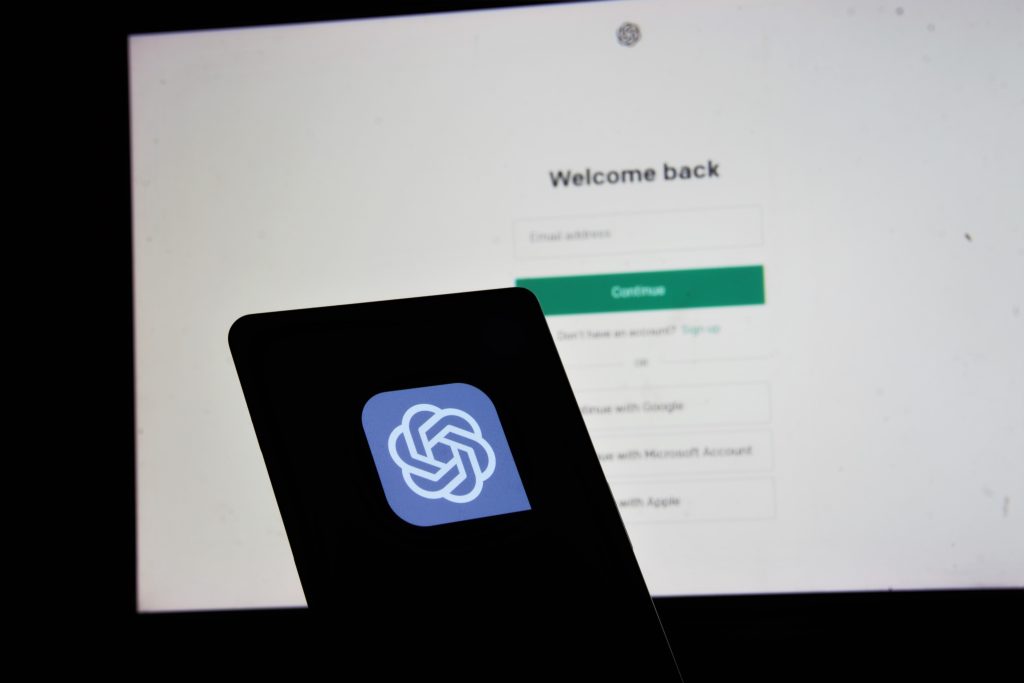With Gartner predicting that Low Code will account for 75% of new application development by 2026, making it the norm for the majority of application development in the enterprise, Evoke Technologies, a leading technology and consulting IT Services company, has conducted research to find out if Low Code is delivering tangible results for those who have adopted it. Of the 250 UK IT leaders who participated in the research, over three quarters of respondents (83%) agreed that Low Code is living up to its promises.
Other Key Findings
- 79% of respondents said that Low code improves collaboration between IT and Business when delivering applications.
- Almost three quarters of respondents expect generative AI to “turbocharge” Low Code development: 73% of those surveyed said that the evolution of generative AI models will lower barriers to the use of Low Code development tools.
- Over 90% of respondents agreed that Low Code has accelerated application development lifecycle timescales.
- The research found that companies are primarily invested in Low Code platforms for professional development (71%).
- However, 48% of respondents said that they struggled to get started effectively after investing in a Low Code platform.
The two key advantages reported were its impact on collaboration between business and IT (79% agreed), and the increased speed of application development (78%). Other benefits highlighted including lower costs (75%), higher speed of changes/updates (76%), and a reduced need for developer expertise (79%) were also highly significant for respondents.
Mission Critical Apps Development driving Low Code Adoption
58% of respondents already use their Low Code platform(s) to develop mission-critical applications and more than 72% of organisations will use Low Code to build mission -critical applications within the foreseeable future.
The “Turbocharging” Impact of Generative AI in Low Code
The report showed how respondents saw AI as a potential solution to some of the challenges of utilizing Low Code in their organisations. 78% said they planned to use AI capabilities in their Low Code platforms and 73% said that the evolution of generative AI models will lower barriers to the use of Low Code development tools. However, there was a further echo of expecting software/service providers to help out, with 77% expecting guidance on the use of generative AI in their Low Code developments.
Top barriers for further Low Code adoption
When asked what factors were barriers to firms for further adoption of Low Code, 80% said security, 78% scalability and 71% stated both platform licence pricing and vendor lock-in.
When asked about what strategies firms had used to increase the use of Low Code in their organisation, the top three solutions were given as: hire experienced developers with skills in the platform (44%), increase reliance on our software/service partner(s) to deliver Low Code initiatives (41%), and educate non-developer staff about Low Code development opportunities and shorter development lifecycles (37%).
Adrian Bignall, who leads International Sales for Evoke Technologies, said: “This research shows that companies will be looking to Low Code in the future and that choosing the right partner is a vital component on their Low Code adventure. Low Code is a core specialism into which we have poured tremendous resources and developed deep expertise. We are ready for the future demand and the rise of AI in Low Code.”
Featured Photo by Mojahid Mottakin on Unsplash.



